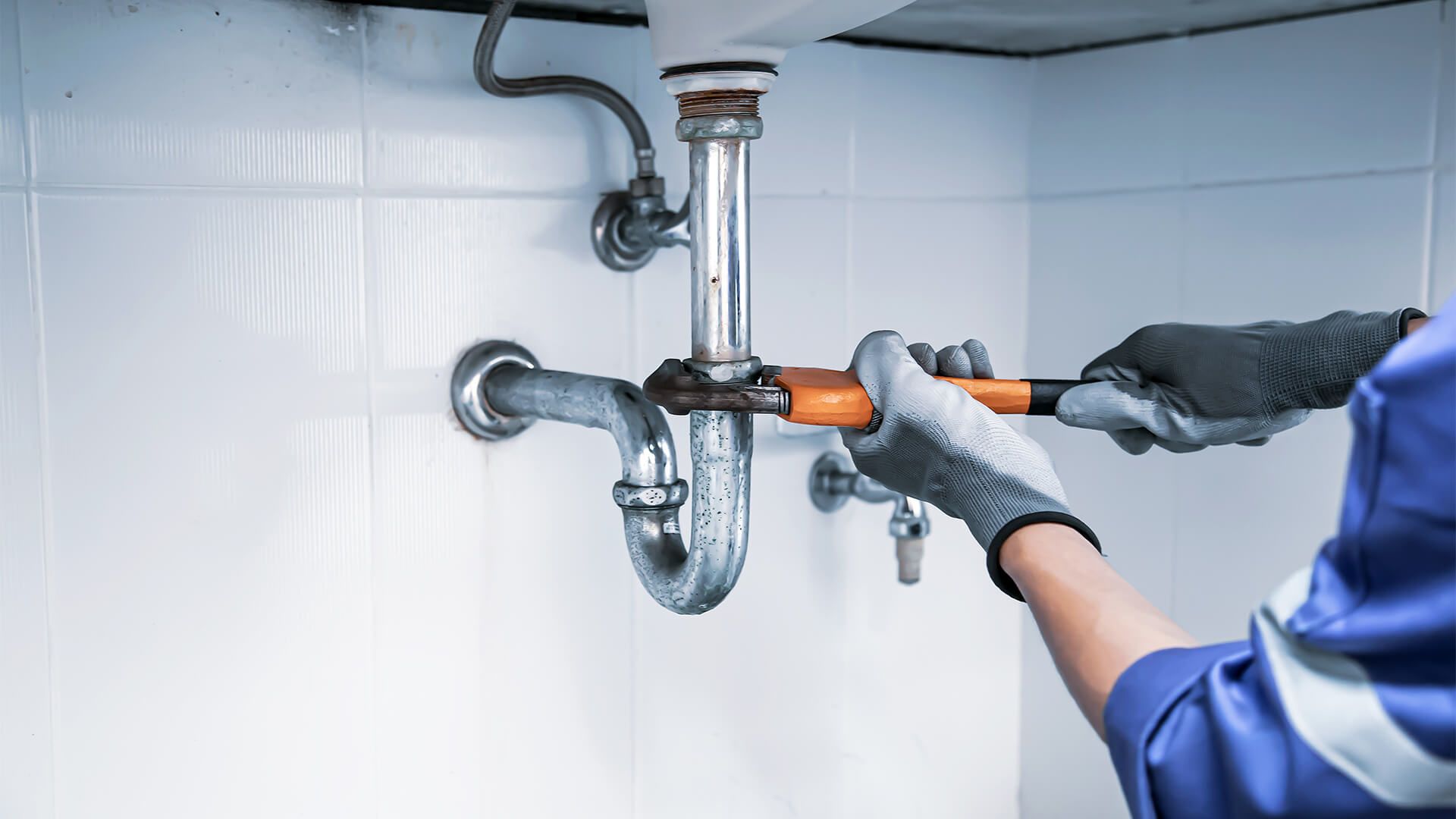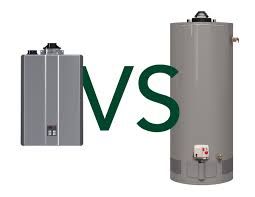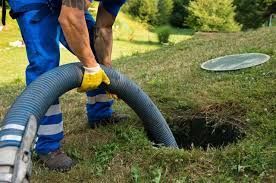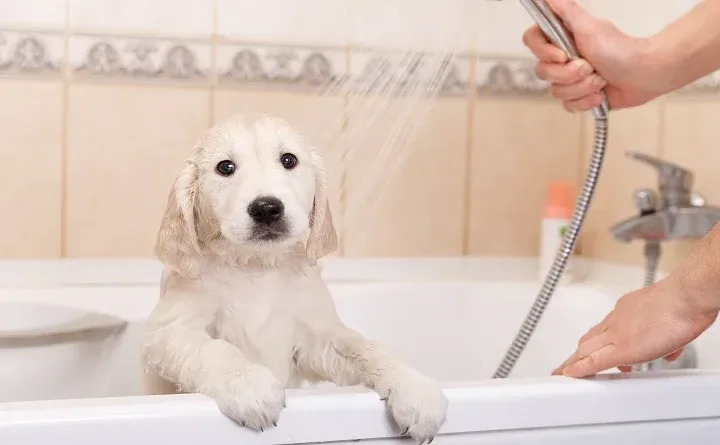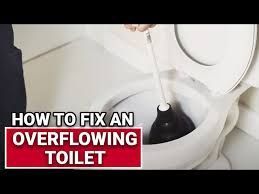How to Improve the Efficiency of Your Water Heater
Water heaters are essential for comfortable living, but they can be significant energy consumers if not maintained properly. Improving the efficiency of your water heater can lead to lower energy bills and extended appliance life, while also minimizing your carbon footprint. Here’s how you can maximize the performance of your water heater with simple yet effective strategies.
Understanding Your Water Heater's Efficiency
Before diving into specific tips, it’s important to understand what affects your water heater’s efficiency. Key factors include the type of water heater (tank or tankless), the age of the unit, the temperature setting, and the amount of hot water used in your household. Older models or those set at unnecessarily high temperatures are often less efficient and cost more to operate.
1. Lower the Thermostat Setting
One of the easiest ways to improve your water heater’s efficiency is by lowering the thermostat setting. Most manufacturers set thermostats at 140°F by default, but 120°F is usually sufficient for most homes. Lowering the temperature reduces energy consumption and slows down mineral buildup and corrosion in your water heater and pipes.
2. Insulate Your Water Heater
Insulating your water heater and the first few feet of hot and cold water pipes can significantly reduce heat loss. Tank water heaters especially benefit from an insulating jacket, which helps maintain the water temperature inside the tank without requiring the unit to use extra energy. Make sure to follow the manufacturer’s instructions when adding insulation to avoid covering safety components.
3. Perform Regular Maintenance
Regular maintenance is key to extending the life and efficiency of your water heater. This includes flushing the tank at least once a year to remove sediment buildup, which can create a barrier between the heating elements and the water, making the heater work harder than necessary. For tankless models, descaling is essential, particularly if you live in an area with hard water.
4. Install a Timer
If you have a conventional tank water heater, installing a timer can help improve efficiency by reducing the amount of time the heater operates throughout the day. This is especially useful if your household follows a predictable routine, allowing the heater to shut off during times of low demand and restart just before hot water is typically needed.
5. Upgrade to a High-Efficiency Model
If your water heater is over 10-15 years old, consider upgrading to a high-efficiency model. Newer water heaters are designed with energy-saving features that significantly reduce energy consumption. Tankless water heaters, for example, provide hot water on demand, eliminating the need to continuously heat and store water.
6. Use Heat Traps
Heat traps are inexpensive devices that can be installed on both the cold water inlet and hot water outlet pipes to prevent heat loss. These traps allow water to flow into the tank, but prevent unwanted convection and heat loss from the tank. Many new water heaters come with built-in heat traps, but they can also be added to older units.
7. Reduce Hot Water Usage
Cutting down on hot water usage can have a substantial impact on your water heater’s efficiency. Consider installing low-flow showerheads and faucet aerators, fixing leaks promptly, and opting for shorter showers. Washing clothes in cold water can also significantly reduce the demand on your water heater.
8. Consider Alternative Energy Sources
If you’re looking for a long-term solution to improve water heater efficiency, consider alternative energy sources. Solar water heaters, for example, use solar panels to heat water and can be a cost-effective and environmentally friendly option, particularly in sunny regions. Heat pump water heaters are another energy-efficient option that can significantly lower your utility bills.
9. Monitor and Adjust Usage Habits
Being mindful of how and when you use hot water can help improve efficiency. Avoid running dishwashers and washing machines with small loads, and spread out the use of hot water to prevent your heater from working overtime. Regularly checking your water heater for signs of wear and tear can also help you catch potential issues early, ensuring your unit remains efficient over time.
FAQs
Q: How often should I flush my water heater?
A: It’s recommended to flush your water heater at least once a year to prevent sediment buildup and maintain efficiency.
Q: Can insulating my water heater really make a difference?
A: Yes, insulating your water heater can reduce heat loss by 25-45%, which can translate to energy savings and improved efficiency.
Q: What is the best type of water heater for energy efficiency?
A: Tankless water heaters and heat pump water heaters are among the most energy-efficient options available today.
Conclusion
Improving the efficiency of your water heater is a straightforward process that can save you money and reduce energy waste. By following these tips, performing regular maintenance, and considering upgrades when necessary, you can ensure your water heater operates at its best, providing reliable hot water for your home with minimal energy consumption. You can also hire a professional for water heater services.
Taking proactive steps not only enhances your comfort but also contributes to a more sustainable lifestyle.

